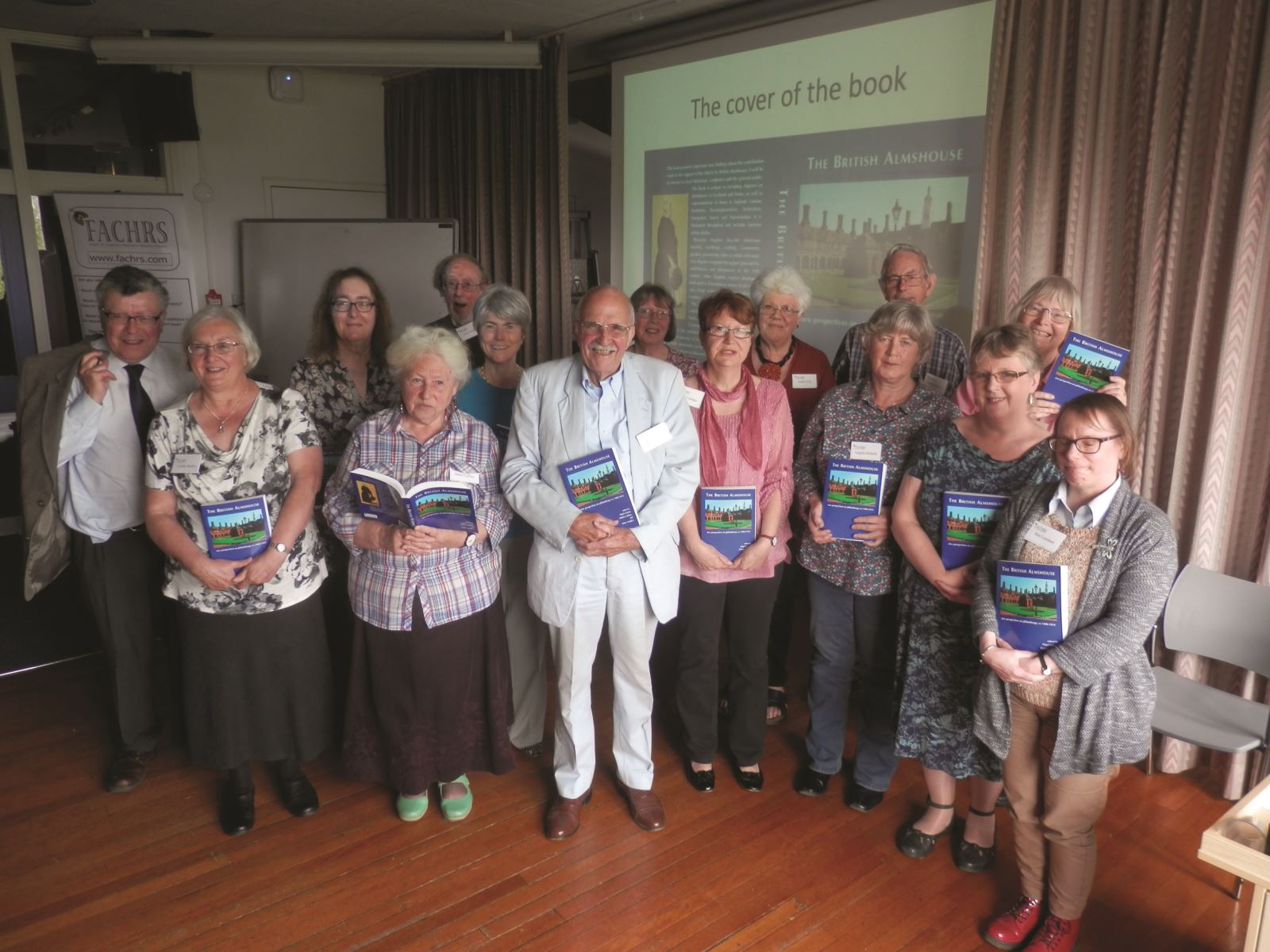19 April 2017
|
Rob White introduces a society which helps and encourages its members to find out more about the communities in which their ancestors lived and the people they might have met.
Rob White introduces a society which helps and encourages its members to find out more about the communities in which their ancestors lived and the people they might have met.
Family history societies tend to have a very diverse membership. Many enjoy researching their ancestors as a long-term project, while others go down the one-name route. However, a sizeable number of people come to realise that in order to find out more about their ancestors, many clues can be gained from taking a closer look at the communities where they lived.
The Family and Community Historical Research Society (FACHRS) is for family historians, among others, who have completed their basic research and want to take things further. The group was formed in 1998, primarily by former students of the Open University course, ‘Studying Family and Community History: 19th & 20th centuries’. The aim of the society is to promote and communicate research in family and community history.
 FACHRS offers a mix of family history, local history and social history and has a strong focus on collaborative projects, whereby research by individual members in their own localities – who are scattered around the country – is combined, and from which broad conclusions are drawn. Over the years major projects have included the Swing Riots of the early 1830s, allotments, almshouses, school log books, and the Home Front (1914-1915). The society’s current project, Communities of Dissent, is about Nonconformism.
FACHRS offers a mix of family history, local history and social history and has a strong focus on collaborative projects, whereby research by individual members in their own localities – who are scattered around the country – is combined, and from which broad conclusions are drawn. Over the years major projects have included the Swing Riots of the early 1830s, allotments, almshouses, school log books, and the Home Front (1914-1915). The society’s current project, Communities of Dissent, is about Nonconformism.
FACHRS has also co-ordinated several mini-projects on a variety of topics, including stationmasters, schoolmistresses, bank managers, 19th-century census enumerators, and postmistresses. These projects have proved to be very popular with members, not least because research can be carried out from home. Many members delve deep into their chosen subject and discover interesting stories as well as enhancing their understanding of the communities of the past in their area of research.
The outcome of the major projects is often a book co-authored by several FACHRS members, the most recent being The British Almshouse: new perspectives on philanthropy, 1400-1914 (authors pictured above). Mini-projects usually lead to articles being written by individual members, which are published in the FACHRS newsletter, issued three times a year.
Because FACHRS is not a society based in a particular locality it doesn’t have monthly meetings, but this gives added significance to its annual conference, which this year will take place on 6 May at Leicester.
Currently FACHRS has more than 250 members, a large proportion of whom take part in the collaborative projects; members are also encouraged to come up with ideas for future projects.
How to join FACHRS
Annual FACHRS membership is £21 adult/ £25 family/ £15 student. Members receive a newletter three times a year and a regular e-bulletin, and can also access member-only areas of the website, including project reports and a dictionary of occupational terms. For more information, contact membership secretary Brita Word by e-mail ([email protected]) or visit the website (www.fachrs.com).







